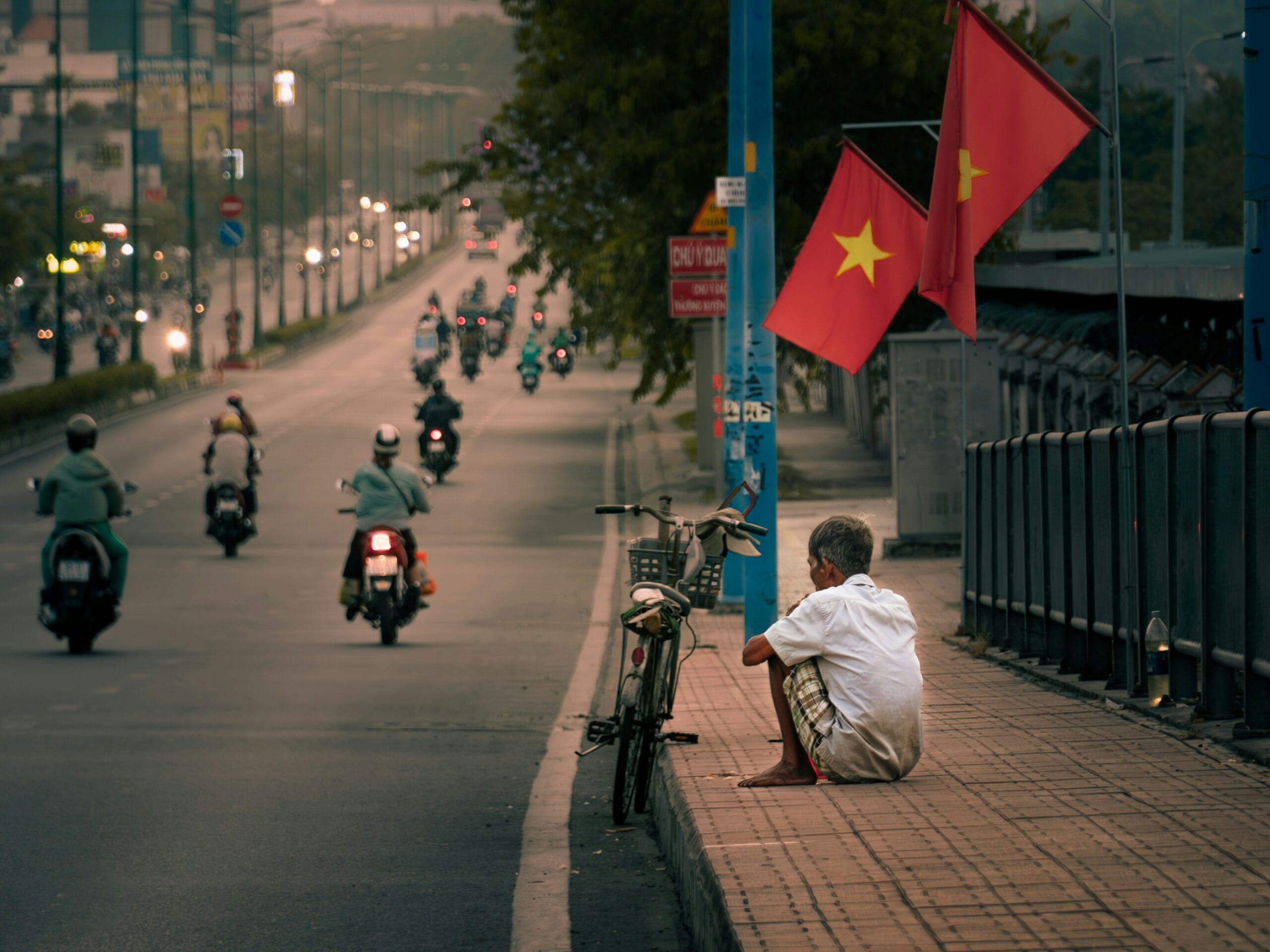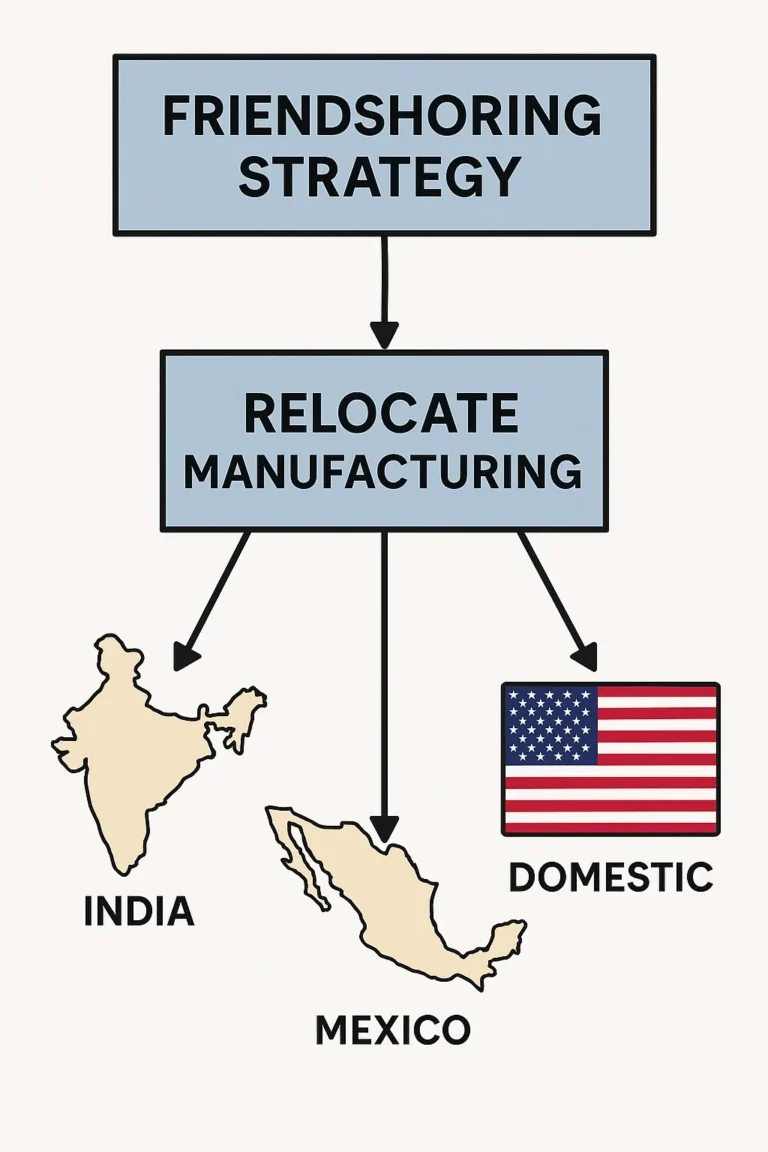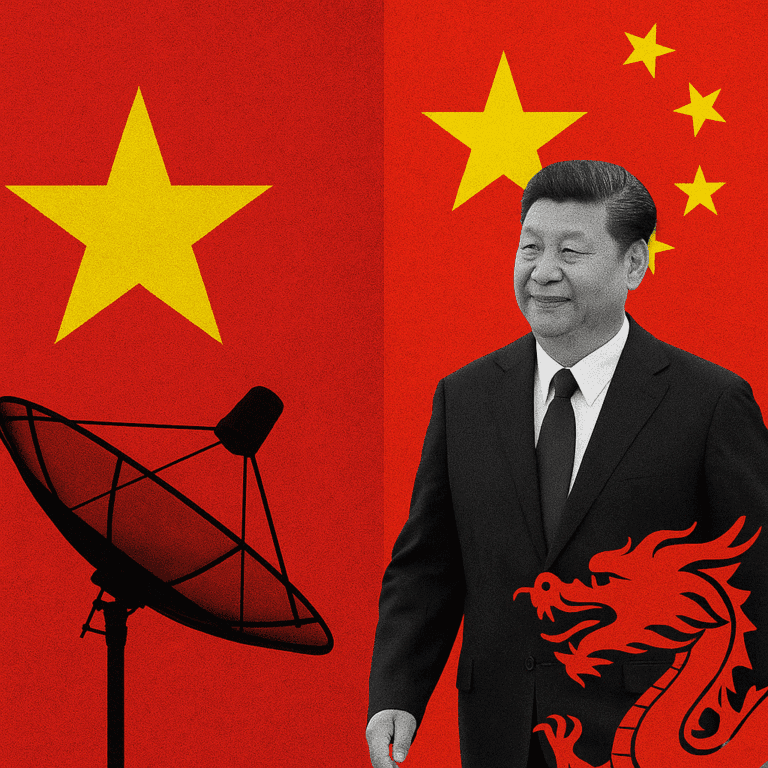The Country That Lives Between My Ribs
Welcome to the Refractions Series, where we explore the intersection of tradition and modernity, culture and technology, through a Vietnamese lens. Each essay in this collection sheds light on the way we navigate identity in a globalized world, from the roots of our heritage to the far-reaching influence of technology. For more essays in the series, visit the Refractions page.
There are days I feel Vietnam beating under my skin like a second heart. Not the Vietnam simplified for travel brochures, nor the one frozen in war films or stark headlines — but a quiet country stitched together from memory, language, and a persistent longing.
I was not born there, or perhaps I left too young to recall the texture of its streets underfoot. But still, I carry it. Not in clear, sun-drenched images, but in resonant fragments: the music of my name spoken in Vietnamese syllables found nowhere else; the comfort of rice scooped from a shared family pot; the particular weight of silence settling between older generations at the table. Sometimes, the sharp scent of city rain on pavement brings a jarring, phantom whiff of woodsmoke clinging to fabrics stored only in memory.
Vietnam lives in me like an echo.
When people ask me where I’m really from, I often hesitate. If I name Vietnam, their eyes flicker with curiosity — or sometimes, a blank confusion. If I name the country I inhabit now, it feels like tearing a page out, leaving something vital unsaid. My Vietnamese is halting on my tongue, the accent inevitably warped by distance and disuse. I write about ‘home’ like an observant historian, not an effortless native.
And yet — I know, instinctively, that fish sauce should never meet the cold of a refrigerator.
I know the specific, melancholy ache of listening to Trịnh Công Sơn on a grey, rainy afternoon.
I know that the English language offers no true vessel for the nuanced weight of “duyên”, or the profound duty of “hiếu.”
I live in the hyphen, in the space between. A child of the diaspora, perhaps — or simply of a gentle, continuous dislocation.
This space between cultures is sometimes a gift — a kind of double vision, letting me see both the restless impatience in a Western queue and the unspoken histories carried in an elder’s slow, deliberate steps. But just as often, it’s a disorienting landscape, a constant low hum of dissonance beneath the surface. I’ve been told I am too Vietnamese. And in the next breath, not Vietnamese enough. Too Westernized — and fundamentally, not Western at all.
These voices argue outside, trying to measure and define. But inside… the country I carry between my ribs doesn’t require their permission to exist. It breathes quietly there. It shows up in my writing’s cadence, embeds itself in my values, prompts the slight, unconscious bow I offer elders — even far from any ancestral shore. It fuels the particular stories I find myself chasing, lives in the taut line stretched between embracing modernity and honoring remembrance. It is the source of that recurring need to explain, translate, justify — and, sometimes, the quiet rebellion of simply choosing not to.
To be Vietnamese in this liminal space is to be perpetually rebuilding a homeland from shards of memory, inherited gestures, resonant melodies, and flavors that trigger phantom belonging. It is to accept the mosaic nature of the self — and finally, perhaps, to realize that these gathered pieces, vibrant and real within you, are more than enough.
Get the Digital Edition of the Refractions Series
If you enjoy these reflections and want to dive deeper into the entire Refractions collection, you can purchase the full digital edition of the series on Gumroad. Click here to access the digital edition on Gumroad.







